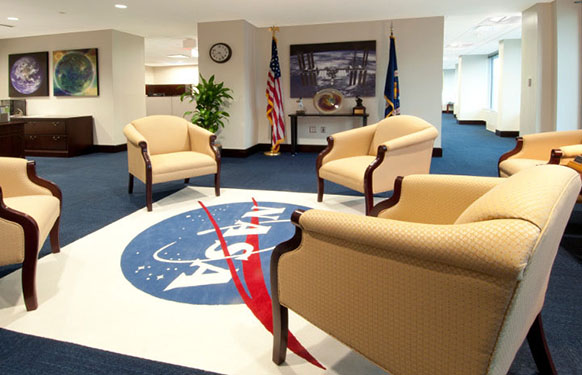November 3, 2004—The Occupational Safety and Health Administration (OSHA) signed or renewed partnerships in the last month with the US Army and two health organizations.
OSHA joined with the Department of the Army to improve the safety and health of the Army’s civilian workforce at 21 military installations. The agreement’s main goal is to reduce civilian workforce fatalities, injuries, and illnesses at each participating installation by at least three percent each year. The partners also aim to expand awareness of the value of effective safety and health management systems, to reduce total case rates and severity rates related to musculoskeletal disorders (MSDs), to share health and safety best practices, and to expand the Army’s participation in VPP.
OSHA also signed a new national alliance with the Society of Diagnostic Medical Sonography (SDMS) to address ergonomic-related issues for the workers in the medical ultrasound community. The alliance will focus on reducing and preventing exposure to work-related musculoskeletal disorders (MSD) for workers in the medical ultrasound community, which has a disproportionately high MSD-incidence rate. An international non-profit professional health association of more than 16,000 members founded in 1970, the SDMS develops and implements educational programs and encourages research to enhance the art and science of medicine through the advancement of medical sonography.
In addition, OSHA signed a two-year renewal of the American Biological Safety Association (ABSA) alliance that will continue focusing on the control and mitigation of biological hazards in the workplace. Originally signed in September 2002, the ABSA alliance identifies emerging biological safety issues and potential methods to address those issues. ABSA members continue to participate on biological hazard-related editorial boards for various OSHA Safety and Health Topics Web pages and electronic assistance tools including: bloodborne pathogens; hazardous waste operations; emergency response; indoor air quality; and Legionnaires’ Disease. ABSA was founded in 1984 to promote biosafety as a scientific discipline and serve the growing needs of biosafety professionals in more than 20 countries.




